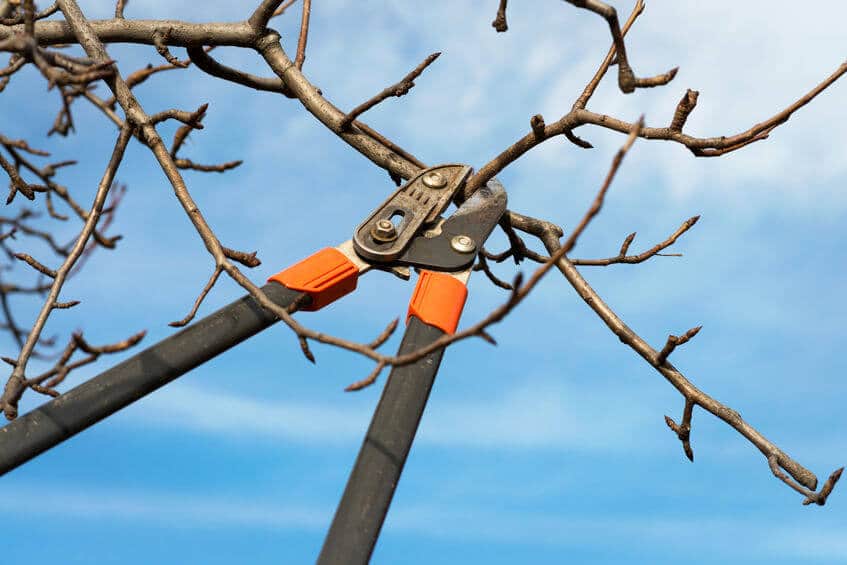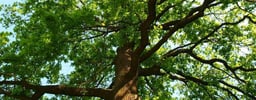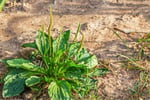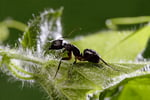The state of Washington is facing a serious risk from an invasive species known as the Houdini fly. Because it targets the critical mason bees, one of the area’s most important agricultural pollinators, its presence in the state is a danger. The Washington State Department of Agriculture has issued a report in regards to the threat. Here is what you need to know about the Houdini fly invasion and what can be done to stop it.
What Is the Houdini Fly?
The Houdini fly is an invasive species that is dangerous to mason bees, the small bees that are one of Washington state’s first spring pollinators. These flies are known as kleptoparasitic pests because they steal resources other insects need. The Houdini fly is an invasive species in Washington, and its presence is a danger to the food growing process.
Why is the Houdini Fly Dangerous?
 The Houdini fly lays its eggs inside the brooding chambers created by mason bees. When the maggots hatch, they feed on the pollen intended for the mason bee larvae. When the flies are fully formed, they escape from the sealed chambers, earning them the name “Houdini” fly.
The Houdini fly lays its eggs inside the brooding chambers created by mason bees. When the maggots hatch, they feed on the pollen intended for the mason bee larvae. When the flies are fully formed, they escape from the sealed chambers, earning them the name “Houdini” fly.
What makes this process so dangerous? Mason bees are the only reliable pollinator to come out during Washington’s cool early spring months, and it is critical to the pollination process and the agricultural scene. When a Houdini fly infestation starts, it puts this valuable pollinator at serious risk.
Preventative Measures Against the Houdini Fly
Unfortunately, the Washington State Department of Agriculture does not feel eradication of the invasive species is possible. Instead, they recommend limiting its spread through the work of mason bee producers and enthusiasts. Specifically, they recommend:
- Harvesting mason bee cocoons to destroy Houdini fly maggots
- Controlling emergence from nests that cannot be opened by placing the nesting material in a fine mesh bag. When bees emerge, they are released. When flies emerge, they are killed.
- Enthusiasts can choose nesting materials that allow them to open and inspect cocoons.
- Enthusiasts should purchase mason bees only from suppliers that have measures in place to protect against Houdini flies.
- Raising awareness of this invasive species is also an important step to take, which is why the team at Senske is offering this information to our Washington customers.
Contact the Washington State Department of Agriculture for More Information
If you have further concerns about the Houdini fly and its effect on local pollinator populations, contact the Washington State Department of Agriculture for resources. For other pest control services, reach out to Senske today.










